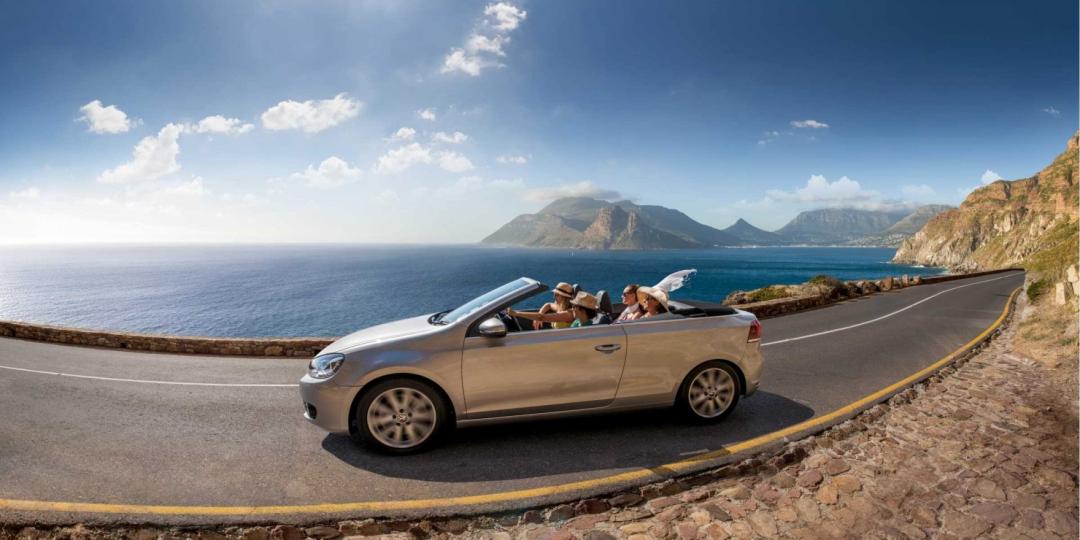The South African Road Accident Fund’s (RAF) new draft bill proposes to exclude foreign nationals from claiming compensation from the fund, which has been labelled by tourism leaders as unconstitutional.
The fund said it had paid out over R3.3 billion (€160.8m) in claims to over 8 000 foreign nationals over the past two years, and that it wanted to clamp down on those who had turned the fund into a “cash machine”.
The fund now proposes that foreigners will have to take up travel insurance or other means to cater for themselves when entering South Africa, which is standard practice in other countries.
The RAF’s new draft bill had recently closed for public comment.
‘May cause self-drive tourists to rethink whether to visit SA’
Onne Vegter, Chairman of SATSA’s Transport Committee, told Tourism Update that the new draft bill would have a major impact on all tourists travelling on South African roads, whether self-drive or driven by operators.
“Since travel insurance is currently not compulsory for self-drive tourists, the RAF is the only avenue for claiming compensation if they don't have travel insurance. Denying them this option, while they are still required to pay RAF contributions via the fuel levy, seems wrong to me.”
Dewald Cillie, MD of SATIB Insurance Brokers, labelled the new draft bill as unconstitutional for this exact reason, as all tourists contribute, whether directly or indirectly, to the RAF through levies when purchasing fuel.
“The new draft bill means that foreign tourists who are paying for transport are paying for something they can never benefit from. This strikes me as fundamentally unjust and unlawful. Foreign self-drive tourists without adequate insurance of their own, will be left without any means of claiming compensation. And travel insurance does not cover non-direct costs such as loss of income. It may well cause some self-drive tourists to rethink whether to visit South Africa, or consider booking via a properly insured tour operator instead,” Vegter added.
Currently, foreign nationals can only claim compensation from the RAF as the organisation removes the common law right to hold a third party accountable for losses suffered as a result of a road accident. The new bill, however, seeks to prevent foreign nationals from claiming for any compensation.
“The proposed bill is extremely ambiguous in many ways, but speaking to this point, the new proposed bill mentions that it will not respond/or respond over and above where liability policies are in place. However, the new proposed bill still removes the common law right for anyone to hold the wrongdoer accountable,” Cillie said.
Vegter further noted that, if foreign nationals could not claim from the RAF, it would result in more claims from passenger liability policies, which would push up insurance premiums and increase overhead costs for tour operators.
Another big concern is the limitation to public roads. For example, tourists and citizens who self-drive or are driven on a game reserve, will not be covered if an incident occurs there.
How are tour operators protected?
All tour operators are required by law to have a passenger liability policy in place, which goes against the RAF, yet is required for tour operator licensing.
If a foreign tourist uses a tour operator, the operator is responsible for having passenger liability insurance in place. However, this is often limited to only R5 million (€243 790) or R10 million (€487 355) per vehicle, which may be insufficient in case of a bad accident with multiple tourists injured, according to Vegter.
“For this reason, most operators use indemnity forms and expect tourists to sign a liability waiver before joining the tour. Many operators also insist that tourists must purchase their own comprehensive travel insurance to ensure they are covered if something happens. In addition, operators may choose to purchase a no-fault insurance policy that covers them in case of an accident, at an agreed amount per seat, very similar to a Personal Accident policy,” Vegter said.
Tourism industry not consulted
Vegter informed Tourism Update that the tourism industry had not been consulted on this new proposed bill, and he believed the RAF proposal sent the wrong message to tourists who wished to self-drive when visiting the country.
“The best possible solution is to scrap this proposed amendment and ensure that tourists are included. Our country relies heavily on tourism, and this sends the wrong message. Do we really want to send out the message that we care so little about foreign tourists that we'll expect them to pay RAF levies as part of the fuel price but they are not entitled to claim from the RAF? It really is time to put tourism at the top of the policy agenda, and avoid short-sighted policy decisions that harm our tourism sector,” said Vegter.
Cillie said the Law Society of South Africa had indicated that they would fight against the entire proposed bill, but cautioned that the process might take many years before it was resolved.























